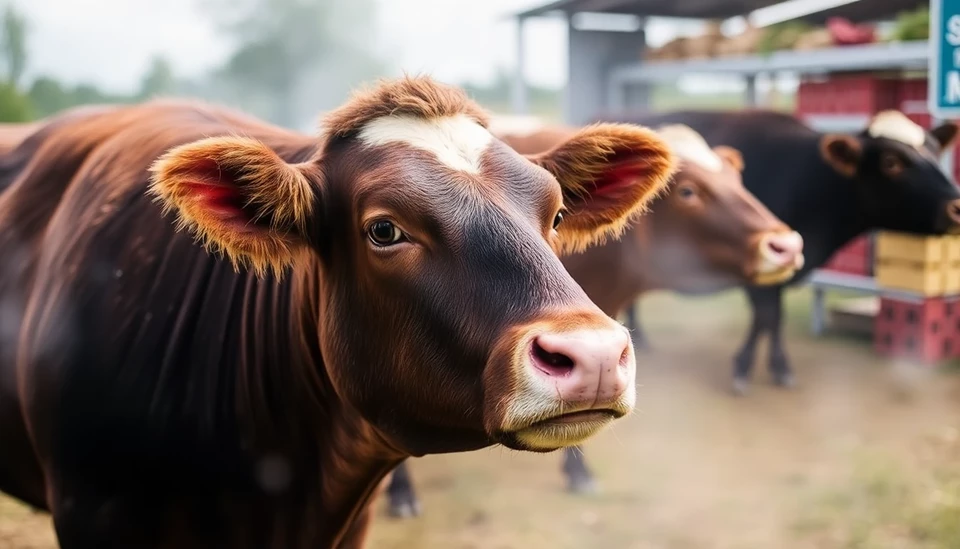
In an alarming revelation about dietary habits, recent studies indicate that Americans are consuming an unprecedented amount of meat, which is contributing significantly to the ongoing climate crisis. This excessive meat intake not only poses health risks but also exacerbates environmental degradation, urging a critical examination of our dietary choices.
Data highlights that the average American consumes about 222 pounds of meat annually, which is significantly higher than global averages. The implications of such high meat consumption are serious; livestock farming is known to be a leading contributor to greenhouse gas emissions, deforestation, and other environmental issues. Experts have called for immediate action to mitigate these effects, emphasizing a collective shift towards a more plant-based diet as a potential solution.
Climate scientists emphasize that the reduction of meat consumption is crucial for curbing carbon emissions. Transitioning towards diets that are lower in meat and rich in fruits, vegetables, and grains can result in a much smaller carbon footprint. They estimate that if Americans collectively reduced their meat intake by just 20%, it could lead to a significant drop in total greenhouse gas emissions — a step that could be crucial for our planet's health.
Despite this alarming trend, there are practical ways for individuals to cut back on meat consumption without sacrificing enjoyment in their meals. This involves educating oneself about alternative sources of protein, such as legumes, nuts, and seeds, which can be both nutritious and delicious. Meal planning can also play a critical role in reducing meat intake, as thoughtful preparation promotes the incorporation of more plant-based meals throughout the week.
Restaurants and grocery providers are beginning to respond to this shift in consumer preferences by offering a greater variety of plant-based options, highlighting the potential for a broader shift within the food industry itself. Moreover, potential legislation aiming to reduce the environmental impact of meat production is on the table, highlighting the urgency for policy changes that can support healthier dietary guidelines.
In conclusion, while meat remains a staple in many diets across the United States, the environmental consequences of excessive consumption are significant and cannot be overlooked. With collective efforts, increased awareness, and a willingness to embrace alternatives, it is possible to forge a more sustainable future that balances our dietary wants with the ecological realities of our planet.
As we reflect on our food choices, let us consider the impact of our diets on the Earth and take steps towards more sustainable practices. The path to a healthier planet may be just a plate away.
#MeatlessMonday #PlantBased #ClimateAction #SustainableEating #DietChange
Author: Sophie Bennett




